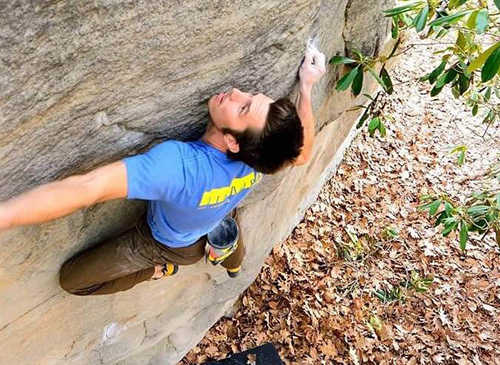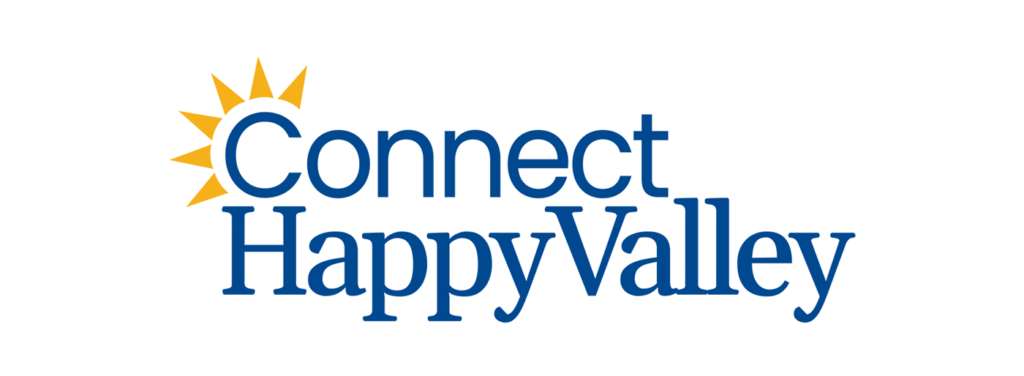Between 2020 and 2021, State College-based BAI Group’s revenue from its solar energy segment grew by ten times, and President Jim Echard projects this same rapid and significant growth over the next five years. The local company, which got its start in waste management, is a major player in the greening of the Mid-Atlantic energy industry and continues to serve markets in their expertise.
“It’s been a game-changer for our company,” Echard said about entering the solar market. He expects the company’s solar revenue will grow three to four times in 2022 and double again in the next two years, ultimately becoming an eight-figure business for BAI Group.
Image by Miroslav Gecovic from Pixabay
The right expertise at just the right time
The firm has a history of having the perfect array of expertise to fulfill the most pressing needs. In 1986, John Blazosky founded the company—Blazosky Associates, Inc.—while he was working for another consulting firm as a civil engineer. At the time, the solid waste industry was ripe with opportunity for waste management consultants to help landfill owners comply with changes to the Pennsylvania Solid Waste Management act, originally passed in 1968 and amended in 1980. Blazosky’s first clients included landfill owners and mining companies.
To conduct the multi-layer process of siting and permitting a landfill or a mine, the company grew to include geologists, environmental engineers, wetlands scientists and more. According to Echard, BAI Group still counts mining and solid waste companies throughout the state, and particularly in central Pennsylvania, among its most important clients. Blazosky’s services expanded to include “traditional environmental consulting,” including environmental assessments, site investigations, wastewater permitting and site cleanup. The business also included civil engineering as a stand-alone service or to augment other service areas.
Echard joined BAI Group as a project manager in 1998 and worked his way up to VP in 2012, becoming president in 2018. A civil and environmental engineer by training, he studied at Penn State, graduating in 1994 with a master’s degree. Blazosky retired in 2011, passing on his legacy via an internal sale.
Growing into renewable energy
According to Echard, developing renewable energy grew organically from BAI Group’s landfill work. “Energy is not necessarily new to us,” he said. “Twenty-plus years ago there was a push within the waste management sector to do something with landfill gas other than to collect it and burn it.” Landfill gas, which is composed of methane and carbon dioxide, can be used to generate electricity, fuel a nearby industry or be cleaned up to be sold as “pipeline-quality natural gas,” he said. Blazosky learned by experience to develop landfill gas reuse facilities. BAI’s expertise expanded to solving the problems inherent in using this resource.
The Alternative Energy Portfolio Standards Act of 2004 (Act 213) required “that electric distribution companies and electric generation suppliers include a specific percentage of electricity from alternative sources in the generation that they sell to Pennsylvania customers.” Again, BAI Group rose to the occasion for clients with its civil engineering services, evaluating the feasibility of wind tower locations. The company designed the robust infrastructure required to support wind tower construction and operation.
As it grew into the renewable market, Echard explained that BAI Group continued looking for ways to expand. The company wanted to acquire physical assets, perhaps even develop a residual income stream to augment their business. The fuse for explosive growth was burning; it was only a matter of time. A seemingly typical call from a salesman prospecting for clients was the unexpected accelerant.
Photo by Made From The Sky on Unsplash
Sel Edor attended Penn State, earning his bachelor’s degree in information science and technology in 2009. Even a cursory glance at his LinkedIn profile suggests a strong entrepreneurial bent. Echard described Edor as “forward-thinking, thinking outside the box, always asking, ‘why not?’”
Edor was working for a local solar contractor as a sales and marketing leader when he called one of BAI Group’s landfill clients. He suggested the idea of installing a solar array on the landfill. The client sent him to Echard. The two met to discuss siting a solar array on the landfill, but they soon recognized there were other opportunities for solar installations. As BAI Group began to invest resources to capitalize on solar energy opportunities, Edor joined the company as the market director of renewables in April 2019.
Solving the solar problem for middle range markets
The solar power generation market can be divided into segments by wattage. Residential and commercial arrays generate up to 250 kilowatts (kW). Commercial and industrial facilities generate 2 megawatts (MW) or more. And market or power-plant-sized arrays generate 20 MW or more.
But in the middle range between 250 kW and 2 MW, financing projects can be challenging. Larger financial entities like banks may fund a solar installation greater than 2 MW. Banks and solar installers can provide loans for residential and small commercial solar installations. But solar arrays for small businesses and not-for-profits require atypical and well-thought-out financing arrangements.
Solar array installation involves many players, which increases the development cost. In addition, “Most people don’t understand solar at all. And that’s okay. I didn’t either,” said Echard.
A drone shot of a BAI Group-installed 300 kW roof-top solar array on Saubel’s Market, Shrewsbury, PA.
BAI Group solves these and other problems for the underserved niche in the 250 kW to 2 MW range occupied by small businesses and not-for-profit organizations like schools and local governments. Symmetrical Investment Group is a private investment firm and a part owner of BAI Group. The group provides guidance and financing that enables BAI Group and its clients to build solar arrays in this niche.
Vertical integration from inception to finance has enabled BAI Group to reduce its costs to the point where it can compete directly with solar installers. BAI Group presents educational talks to school boards and other entities to help them understand how solar power works (or doesn’t work) for them. BAI Group evaluates properties to determine if it makes economic sense to install a solar array. Then the team explains why it does or doesn’t make sense and advises accordingly.
The company also uses unique project financing structures to help nonprofits take advantage of tax credits and depreciation, by setting up a separate entity to own the solar array. After about six years, the array can be sold at a reduced cost to the not-for-profit or not, depending on the organization’s goals. Power purchase agreements are built to enable clients to reap the cost savings from a reduced power bill. Echard said, “Most often, we can structure deals such that the client saves money right away.”
Even with its major growth in the solar market, the firm continues to serve clients in waste management, where it got its start, as well as in environmental permitting, shale gas development and surface mining. BAI Group’s broad expertise helps it to maintain strong positions in different markets and stay positioned to fulfill the next big need.
An oblique aerial view of the 300 kW roof-top solar array installed by BAI Group, Saubel’s Market, Whiteford, MD.






